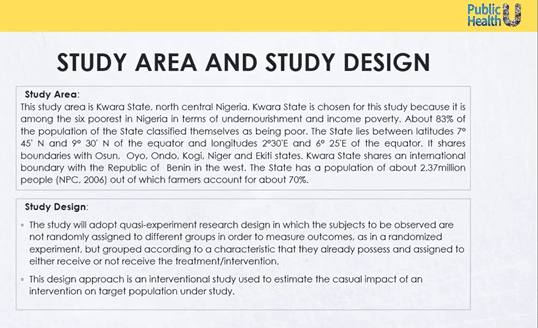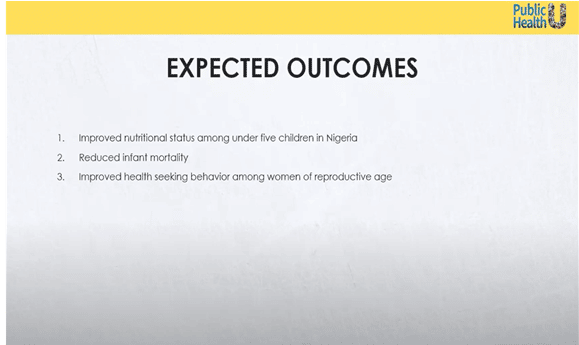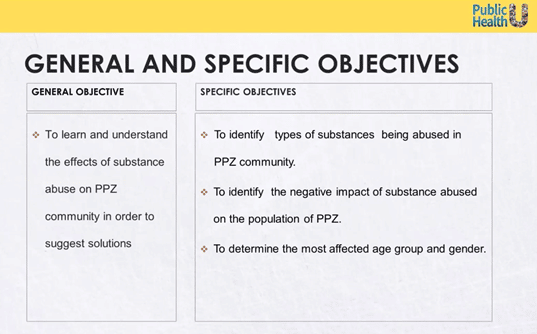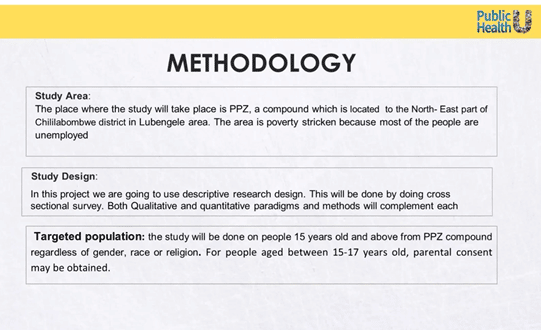The ATHP Research Institute is a cohort of globally-renowned addiction medicine researchers and subject matter experts, as well as their mentees or physicians-in-training, who work together to move the field of addiction education research forward.
At our last monthly meeting, the Research Institute welcomed its newest fellow, Dr. Korbe Alfred, to the trainee program. Dr. Alfred, whose research investigates substance use in persons living with HIV, has expressed his sincerest gratitude to the program for helping him to refine the focus for his research project.

Our first dissertation student at PHU, Moyosola Bamidele, is in the final stages of completing the MPH Program, after which he will receive his recognition from Euclid University. Bamidele’s thesis explores and interrogates maternal interventions to improve nutritional status among children under 5 years in Kwara State, Nigeria. Kwara State is ranked among 10 of the poorest states in Nigeria (Agency Report, 2019). Bamildele’s study focuses on a Quasi control group, and utilizes a qualitative approach, which he will use to triangulate his findings to conclude his research.
Feedback provided by the Research Institute on Bamidele’s study centered on the maternal/mother household terminology and the family dynamics in Africa, as well as the correlation between the nutrition of children under 5 years and mental health. This feedback helped Bamidele to identify interventions that would pose potential limitations. The following information provides further details pertinent to Bamidele’s research.




Other noteworthy research focuses include the following:
- “Substance abuse and its impact in the community of poor people in Zambia (PPZ) in the Chililabombwe District” by Kioso Mudimbiyi which focuses on persons 15 years and older. Dr. Mudimbiyi wants to focus in particular on the range of effects such as the spread of diseases and sexually transmitted infections to crime in the community.


- “Prevalence and associated factors of substance use among internally displaced school students in Buea, Cameroon” by Nkouonlack Duquesne Cyrille. For this particular research focus the cohort expressed concerns that data may be difficult to obtain due to stigma or fear that exists in these areas. Some young persons may be reluctant to admit their use of substances. It was noted that although the study is anonymous, persons may answer questions only about their peers’ usage. It was suggested that concurrent questions about attitudes towards substance use during the study be included to help with addressing stigma-related issues. These include questions such as “do you think it’s right?, or “do you know people who engage in substance use?” This will help Cyrille to indirectly gauge participants’ attitudes towards substance use. It was also suggested that the researcher engage participants on substance use habits among peers to glean information about response bias.
Samantha Baboolal
Author

